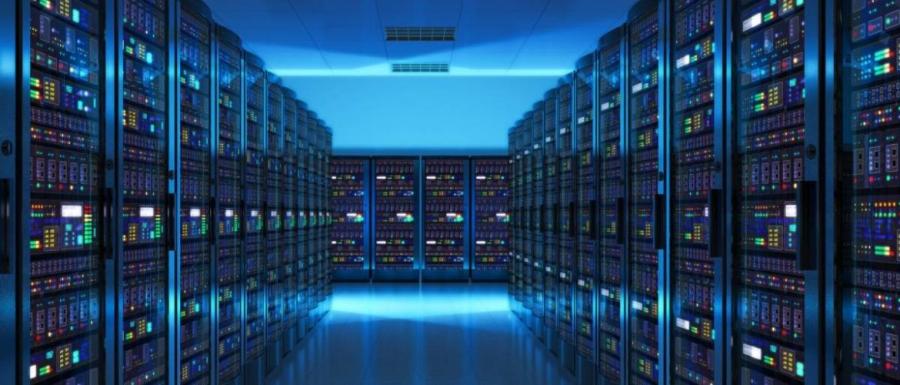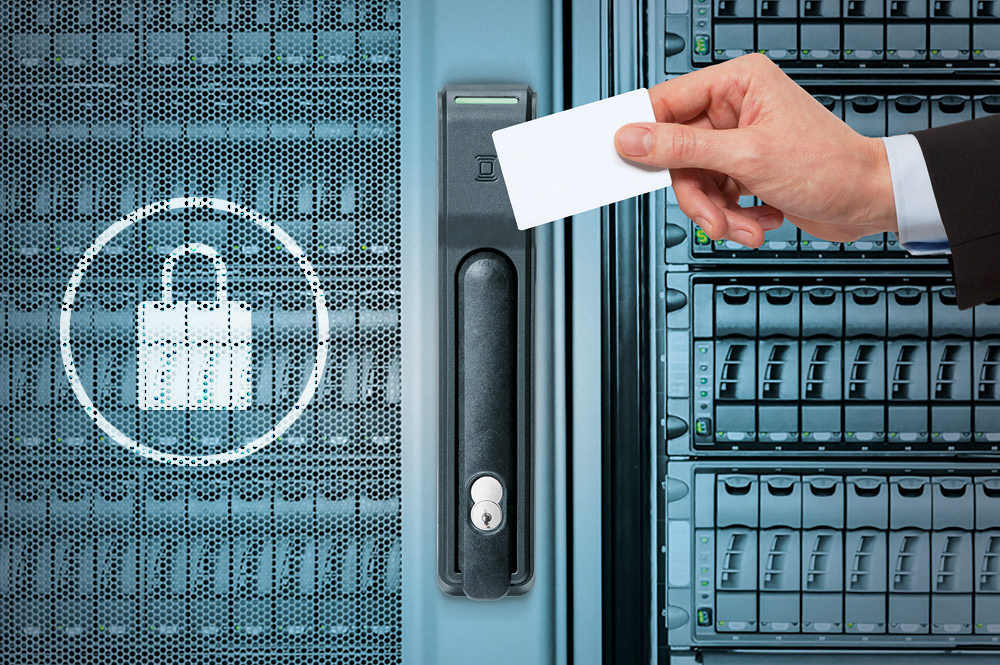What are the benefits of a data center?

More and more data centers are being built, and the total number of data centers tends to continue to increase year after year. But, have we really analyzed whether a data center brings us more benefits than negative points?
Benefits of a data center
- Reduce costs
Data centers offer the possibility of reducing the cost of operation. Thanks to the unification of all the hardware, and the proximity between servers, it is cheaper to use high-speed connections between servers, than if they were further away.
Also, controlling refrigeration systems, fire extinguishing, security, etc ... can be more useful. For example, in the case of an air conditioner, it is cheaper to buy the one with higher power than many with lower power.

- Improve efficiency
Building a data center has a high environmental footprint, so yes, the alternative still has a higher environmental footprint. Hence, we can speak of an efficiency improvement.
One of the points where we find more efficiency gains is in the power input from the electrical network. Many of the data centers consume electricity generated from renewable sources, and only go on to consume electricity generated in a non-renewable way in extreme cases or in the absence of electricity production.
- Redundant connections
In the case of data centers, it is not uncommon to find a high level of redundant connections, that is, in case of failure of one of the connections there is always a backup connection. Meeting the same requirements without having a data center can be very difficult and expensive, because each connection has an associated cost, a cost that in a data center is spread over many servers.
- Physical security
Physical security is another benefit of having a data center. Centralizing servers in the same building simplifies ensuring physical security, as there are ultimately fewer possible entry points.
Although, apart from being a benefit, it can also act as a disadvantage. In case of physical intrusion, it is more vulnerable to have everything in a data center than not decentralized.

- Scalability
Scalability is another of the important points of a data center. The infrastructure is already prepared to be able to scale and increase or reduce the number of servers that we place in a data center in an efficient way and at a lower cost. Thanks to the fact that part of the infrastructure and certifications are already in place.
- Secure storage
Concentrating all the servers within a data center allows us to use storage technologies more efficiently. Creating a Distributed Storage Fabric allows us to group storage devices in a large pool, creating a redundant and secure system.
A DSF also allows us to implement hyperconvergence, which allows us to take much more advantage of the available hardware and increases reliability.
- Reliability
Thanks to the high connection speeds found in a data center, we can achieve a higher level of reliability. Using virtualization and hypervisor techniques that allow us to share network resources, we can minimize damage in the event of a server crash. That is, if the resources are organized in a large pool of servers, in the event of a server failure, the task is automatically assigned to another, avoiding service outages.
What type of companies use data centers?
In ancient times, data centers were created by large companies, companies that needed a physical location where to put all the hardware components to serve customers.
Being examples such as, Banks, universities, governments, technology companies, etc.
Currently, a data center can be used by almost any company that depends on technology. For example, a startup that needs a website, instead of creating its own hosting, can rent a virtual instance in a data center and host its website in a data center, taking advantage of the benefits that this entails.
Authors
Ferran Montoliu
Joan Farràs